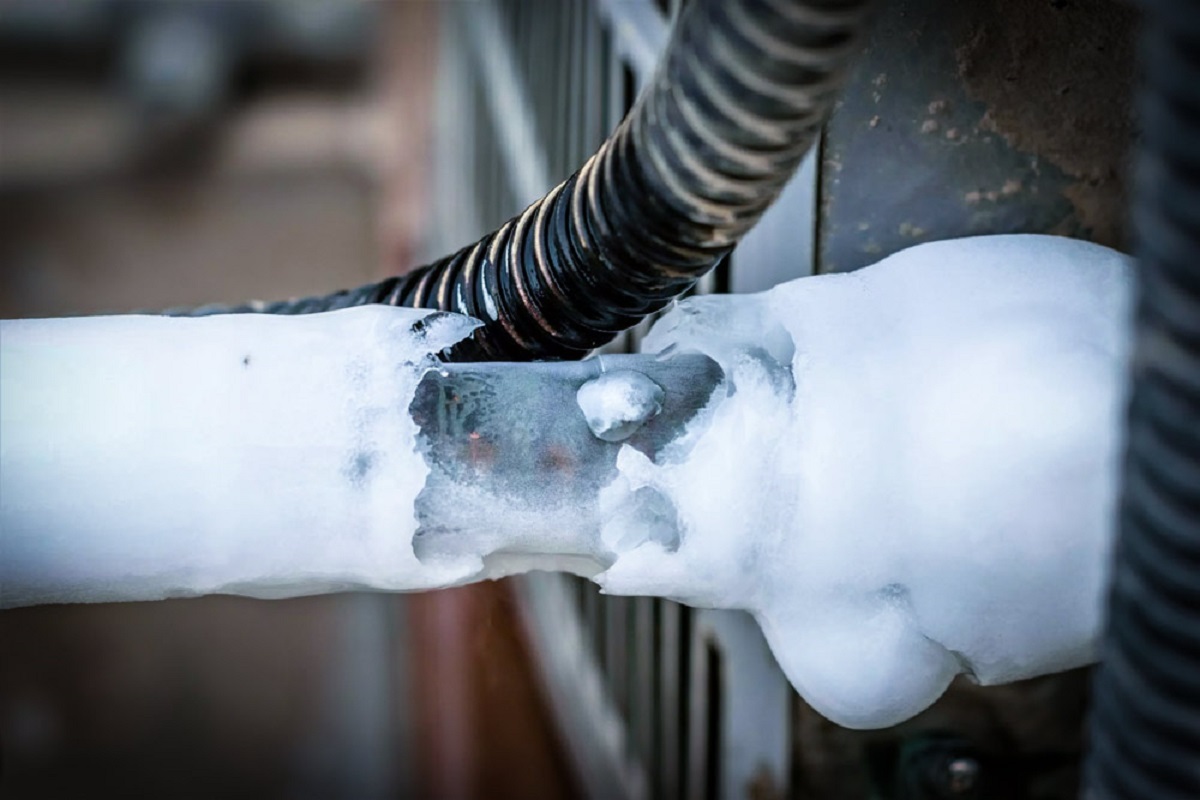

Articles
What Causes AC Line To Freeze
Modified: January 19, 2024
Discover the common causes of AC line freezing and learn how to prevent it. Read our informative articles for valuable insights and troubleshooting tips.
(Many of the links in this article redirect to a specific reviewed product. Your purchase of these products through affiliate links helps to generate commission for Storables.com, at no extra cost. Learn more)
Introduction
When the summer heat becomes unbearable, an air conditioner can be a lifesaver. It helps to keep our homes cool and comfortable during the sweltering months. However, there are times when our AC units don’t function as they should, leading to problems like frozen AC lines.
One of the most common issues that homeowners face is their AC line freezing up. This occurs when the refrigerant in the system becomes too cold and begins to freeze the moisture present on the evaporator coil. When this happens, you may notice reduced cooling performance, strange noises, or even complete system failure.
In this article, we will explore the primary causes of AC line freezing and how to prevent it. By understanding the reasons behind this issue, you can take proactive measures to ensure your air conditioning system operates smoothly throughout the summer season, keeping your home comfortable and cool.
Key Takeaways:
- Prevent AC line freezing by maintaining clean air filters, ensuring unobstructed airflow, and addressing refrigerant leaks. Proactive measures can help avoid reduced cooling performance and system failure.
- To prevent line freezing, consider regular maintenance, proper insulation, and ensuring the right size of the air conditioner for your space. Consulting a professional HVAC technician is crucial for effective preventive measures.
Read more: What Causes A Refrigerator To Freeze Up
Understanding AC Line Freezing
Before we delve into the causes of AC line freezing, it’s essential to understand how the air conditioning system works. The AC system consists of an evaporator coil, a condenser coil, a compressor, and a refrigerant. The refrigerant absorbs heat from the indoor air, transfers it to the outdoor condenser unit, and then releases it into the environment, cooling down your home.
However, when the AC system encounters certain issues, it can lead to the formation of ice on the AC lines. This ice formation restricts the flow of refrigerant, significantly reducing the system’s effectiveness and potentially damaging its components.
There are several factors that can contribute to AC line freezing:
- Poor airflow: One of the main culprits behind AC line freezing is poor airflow. If there are obstructions preventing the proper flow of air through the system, such as dirty air filters, closed vents, blocked registers, or a malfunctioning blower fan, the system may struggle to dissipate heat properly, causing the AC lines to freeze.
- Low refrigerant levels: Refrigerant is responsible for cooling the air in the AC unit. If there is a refrigerant leak or if the system has not been properly charged, the refrigerant levels can become insufficient. As a result, the pressure and temperature of the refrigerant drop, leading to the formation of ice on the AC lines.
- Faulty thermostat: A malfunctioning thermostat can cause the AC system to run continuously, even when it doesn’t need to. This can result in an excessively cold evaporator coil, leading to AC line freezing.
- Dirty air filters: Clogged or dirty air filters can restrict airflow, causing the evaporator coil to become too cold. This can lead to the formation of ice on the AC lines.
- Blocked condensate drain: The condensate drain is responsible for removing excess moisture from the evaporator coil. If the drain becomes clogged or blocked, the moisture can freeze and accumulate on the AC lines.
- Inadequate insulation: Poor insulation in the ductwork or around the AC lines can allow warm air from the surrounding environment to come into contact with the cold AC lines. This temperature difference can cause condensation and eventually lead to line freezing.
- Oversized air conditioner: An air conditioning system that is oversized for the space it is cooling can cause the evaporator coil to operate at a lower temperature than intended. This can lead to AC line freezing.
By understanding these causes of AC line freezing, you can take the necessary steps to address and prevent these issues. In the following sections, we will delve deeper into each cause and discuss how to mitigate and resolve them effectively.
Airflow Obstructions
Airflow obstructions are one of the primary causes of AC line freezing. When there are obstacles that hinder the proper flow of air through the system, the evaporator coil may become excessively cold, leading to the formation of ice on the AC lines.
There are several factors that can cause airflow obstructions:
- Dirty air filters: Over time, air filters can become clogged with dust, dirt, and other airborne particles. When this happens, the airflow through the system is restricted, and the evaporator coil doesn’t receive enough warm air to maintain proper temperature levels. As a result, the coil becomes too cold, and ice can form on the AC lines. Regularly cleaning or replacing air filters is crucial to ensure proper airflow and prevent line freezing.
- Closed vents or blocked registers: If vents or registers in your home are closed or blocked by furniture, curtains, or other objects, it can impede the flow of air from reaching the evaporator coil. This can cause the coil to become too cold and ultimately lead to line freezing. Take care to ensure all vents and registers are open and unobstructed.
- Malfunctioning blower fan: The blower fan is responsible for circulating air through the AC system. If the fan is not functioning correctly, it can result in inadequate airflow, leading to line freezing. A professional HVAC technician should inspect and repair any issues with the blower fan.
To prevent airflow obstructions and subsequent AC line freezing, you should:
- Regularly clean or replace air filters according to the manufacturer’s recommendations. This will ensure proper airflow through the system.
- Keep all vents and registers open and unobstructed to allow air to flow freely.
- Ensure that the blower fan is in good working condition. Schedule regular maintenance checks to identify and address any issues promptly.
By taking these preventive measures, you can maintain optimal airflow in your AC system and minimize the risk of AC line freezing.
Low Refrigerant Levels
Low refrigerant levels in the AC system can cause the evaporator coil to become too cold, leading to AC line freezing. Refrigerant is the substance responsible for absorbing heat from the indoor air and transferring it to the outdoor condenser unit. When there is an insufficient amount of refrigerant in the system, the pressure and temperature of the refrigerant drop, resulting in the formation of ice on the AC lines.
There are several reasons why the refrigerant levels might be low:
- Refrigerant leak: Over time, the AC system can develop leaks in the refrigerant lines, connections, or coils. These leaks can cause the refrigerant to escape, leading to low levels. It’s important to have a professional HVAC technician identify and repair any refrigerant leaks to prevent line freezing.
- Inadequate initial charging: If the AC system was not properly charged with refrigerant during installation or maintenance, it can result in low levels. It is crucial to ensure that the system is charged to the manufacturer’s specifications to maintain optimum performance and prevent line freezing.
If you suspect that your AC system has low refrigerant levels, it is best to contact a qualified HVAC technician to diagnose and resolve the issue. They will be able to accurately assess the refrigerant level and address any leaks or recharge the system as necessary.
To prevent low refrigerant levels and subsequent line freezing, regular maintenance is key:
- Schedule annual maintenance checks with a professional HVAC technician. They will inspect the system, check refrigerant levels, and address any potential issues before they lead to major problems.
- Be vigilant for signs of refrigerant leaks, such as hissing sounds, oily residue on the AC components, or reduced cooling performance. If you notice any of these signs, contact a professional technician for immediate assistance.
By maintaining proper refrigerant levels in your AC system, you can ensure efficient operation and minimize the risk of AC line freezing.
Faulty Thermostat
A faulty thermostat can be a contributing factor to AC line freezing. The thermostat is responsible for sensing the temperature in your home and signaling the AC system to turn on or off to maintain the desired temperature. If the thermostat malfunctions, it can cause the AC system to run continuously or not turn on at all, resulting in temperature imbalances and possibly causing the evaporator coil to become too cold and freeze the AC lines.
There are a few common issues with thermostats that can lead to line freezing:
- Miscalibration: If the thermostat is not calibrated correctly, it may not accurately sense the temperature in your home. This can cause the AC system to run longer than necessary, resulting in an overly cold evaporator coil and line freezing. It’s recommended to have a professional HVAC technician recalibrate the thermostat to ensure accurate temperature readings and proper functioning.
- Wiring issues: Faulty wiring connections or loose wires can lead to erratic thermostat behavior. This can cause the AC system to turn on and off frequently and disrupt the proper functioning of the evaporator coil, potentially resulting in line freezing. A qualified technician should inspect the thermostat wiring and make any necessary repairs.
- Mechanical failure: Over time, thermostats can experience mechanical failures, such as a sticking or malfunctioning switch or sensor. These issues can disrupt the normal operation of the AC system, leading to temperature imbalances and the potential for line freezing. In such cases, it is advisable to replace the faulty thermostat with a new one.
If you suspect that your thermostat is faulty and contributing to AC line freezing, it is best to consult with a professional HVAC technician. They will be able to diagnose the issue, repair or replace the thermostat, and ensure proper functionality of the AC system.
To prevent thermostat-related issues and subsequent line freezing, consider the following preventive measures:
- Have regular maintenance checks performed on your HVAC system, including the thermostat. This will help identify any potential issues and address them before they lead to more significant problems.
- Keep the thermostat clean and free of dust or debris, as this can affect its accuracy and performance.
- Consider upgrading to a programmable or smart thermostat, which offers enhanced functionality and precise temperature control.
By maintaining a properly functioning thermostat, you can ensure that your AC system operates efficiently and minimize the risk of line freezing.
Make sure to regularly clean or replace your air filters to prevent restricted airflow, which can cause the AC line to freeze. Additionally, check for any refrigerant leaks and ensure proper insulation on the line.
Read more: What Causes An Air Conditioner To Freeze Up
Dirty Air Filters
Dirty air filters can greatly contribute to AC line freezing. Air filters are designed to trap dust, dirt, pollen, and other particles from the air. Over time, these filters can become clogged and obstructed, reducing the airflow through the system. This restriction in airflow can cause the evaporator coil to become too cold, leading to the formation of ice on the AC lines.
There are a few reasons why dirty air filters can lead to line freezing:
- Reduced airflow: When air filters are dirty, they restrict the passage of air through the system. This results in insufficient warm air reaching the evaporator coil to maintain proper temperature levels. As a result, the coil becomes excessively cold and ice can form on the AC lines.
- Inefficient heat exchange: Dirty air filters hinder the heat exchange process in the system, making it difficult for the heat absorbed from the indoor air to be transferred effectively. Without proper heat exchange, the evaporator coil remains colder than intended, leading to line freezing.
- Increased strain on the system: When air filters are clogged, the AC system has to work harder to push air through the obstruction. This increased strain can lead to reduced system performance, including the potential for line freezing.
To prevent dirty air filters from causing line freezing, it is essential to maintain a regular filter maintenance schedule:
- Check the air filters regularly to assess their cleanliness. Most filters need to be replaced every one to three months, but this can vary based on factors such as the filter type, indoor air quality, and the number of occupants in the space.
- Follow the manufacturer’s guidelines for cleaning or replacing air filters. This will ensure optimal performance and prevent line freezing.
- Consider using high-quality filters with higher MERV ratings to trap more particles from the air. However, make sure to check the system’s compatibility with these filters, as some AC units may not be able to handle the increased airflow resistance.
Regularly maintaining clean air filters will not only prevent line freezing but also improve indoor air quality and enhance the overall performance and efficiency of your AC system.
Blocked Condensate Drain
A blocked condensate drain can contribute to AC line freezing. The condensate drain is responsible for removing excess moisture that forms on the evaporator coil during the cooling process. If the drain becomes blocked or clogged, the moisture can accumulate and freeze on the AC lines.
There are a few reasons why a condensate drain can become blocked:
- Algae or mold growth: Over time, algae, mold, and other microorganisms can grow within the condensate drain line. These growths can lead to blockages and restrict the proper flow of water out of the system.
- Debris or sediment buildup: Accumulation of debris, dirt, dust, or sediment can restrict the flow of water through the drain line. This can be caused by factors such as poor maintenance, improper installation, or improper positioning of the drain line.
- Incorrect drain line installation: If the condensate drain line isn’t installed with the proper slope or configuration, it can fail to drain water adequately, leading to blockages and potential line freezing.
If the condensate drain is blocked, it can cause water to back up and freeze on the AC lines. Signs of a blocked condensate drain include water pooling around the indoor unit or water dripping from the unit’s vents.
To prevent a blocked condensate drain and subsequent line freezing, it is important to take the following steps:
- Regularly inspect the condensate drain line for any signs of blockages or obstructions. If you notice any issues, it is best to contact a professional HVAC technician to clear the drain line.
- Use a wet/dry vacuum or a pipe brush to remove any visible debris or blockages from the drain line. Ensure that the vacuum is set to the wet mode if there is standing water in the drain line.
- Consider using algae tablets or condensate drain line treatment to reduce the growth of algae and mold within the drain line.
- Schedule annual maintenance checks with a qualified technician to inspect and clean the condensate drain line, as well as identify any potential issues.
By keeping the condensate drain line clear and free from blockages, you can prevent line freezing and ensure effective moisture removal from your AC system.
Inadequate Insulation
Inadequate insulation around the AC lines can contribute to line freezing. AC lines, including the refrigerant lines and the condensate drain line, should be properly insulated to prevent heat transfer and moisture buildup. Without proper insulation, the temperature difference between the cold AC lines and the surrounding environment can cause condensation and eventually lead to line freezing.
Here are a few reasons why inadequate insulation can result in line freezing:
- Heat exchange with warm air: When the refrigerant lines or condensate drain line lack sufficient insulation, they can come into contact with the warm air surrounding them. This temperature difference can cause moisture to condense on the lines, leading to the formation of ice during the cooling process.
- Moisture buildup: In addition to heat transfer, inadequate insulation can also result in moisture buildup on the AC lines. When warm, humid air encounters the cold lines, condensation can occur, leading to excessive moisture accumulation. Over time, this moisture can freeze and cause line freezing.
- Energy loss: Inadequate insulation around the AC lines can also result in energy loss. Without proper insulation, the AC system has to work harder to maintain the desired temperature, leading to decreased energy efficiency and increased utility bills.
To prevent inadequate insulation and subsequent line freezing, consider the following measures:
- Inspect the insulation around the refrigerant and condensate drain lines. Ensure there are no gaps or damaged sections that could compromise the insulation.
- Apply insulation sleeves or foam insulation tape to the AC lines where necessary. This will help maintain consistent temperatures and prevent heat transfer and condensation.
- Pay attention to areas where the AC lines pass through unconditioned spaces, such as attics or crawl spaces. Adequate insulation in these areas is crucial to prevent line freezing.
- Consider consulting a professional HVAC technician to evaluate and improve the insulation around your AC lines.
By ensuring proper insulation around the AC lines, you can minimize temperature differentials, prevent condensation, and reduce the risk of line freezing.
Oversized Air Conditioner
An oversized air conditioner can contribute to AC line freezing. When an AC unit is larger than necessary for the space it is cooling, it can cause the evaporator coil to operate at a lower temperature than intended. This results in the coil becoming excessively cold, leading to the formation of ice on the AC lines.
Here are a few reasons why an oversized air conditioner can lead to line freezing:
- Short cycling: An oversized AC unit tends to cool the space rapidly and reach the desired temperature quickly. As a result, the system frequently cycles on and off, and the evaporator coil does not have sufficient time to remove moisture from the air. This can lead to the accumulation of moisture on the AC lines, which can freeze and cause line freezing.
- Inefficient dehumidification: Air conditioners are also responsible for dehumidifying the air in addition to cooling it. When the system is oversized, it prioritizes rapid cooling over effective dehumidification. This can lead to high indoor humidity levels, which promote condensation on the AC lines and increase the risk of line freezing.
- Poor heat transfer: Oversized air conditioners may not operate at full capacity, resulting in inadequate heat transfer. The evaporator coil may not reach optimal temperature levels, causing uneven cooling and the potential for line freezing.
If you suspect that your air conditioner is oversized and contributing to line freezing, it is recommended to consult with a professional HVAC technician. They will be able to assess your cooling needs and determine if the system is appropriately sized for your space. If necessary, they can recommend resizing or replacing the unit with the right capacity.
To prevent the issues related to an oversized air conditioner and potential line freezing, consider the following measures:
- Have a professional perform a load calculation to determine the appropriate size of the air conditioner for your home or space. This ensures that the system is neither too large nor too small.
- If your current AC unit is oversized, consult with an HVAC technician to explore options for resizing or replacing the system with the right capacity.
- Maintain regular maintenance checks on your AC system. This includes cleaning the evaporator coil, checking refrigerant levels, and ensuring proper airflow throughout the system.
By addressing the issue of an oversized air conditioner, you can ensure optimal cooling performance, prevent line freezing, and maintain the efficiency of your AC system.
Read more: What Causes Ice Maker To Freeze Up
Conclusion
AC line freezing can be a frustrating and disruptive problem for homeowners, leading to reduced cooling performance, strange noises, or even complete system failure. Understanding the causes of line freezing is crucial in preventing and addressing this issue to maintain the smooth operation of your air conditioning system.
We have explored the primary causes of AC line freezing, including airflow obstructions, low refrigerant levels, faulty thermostats, dirty air filters, blocked condensate drains, inadequate insulation, and oversized air conditioners. Each of these factors can contribute to the formation of ice on the AC lines, impeding proper function and affecting overall cooling performance.
To mitigate the risk of AC line freezing, it is crucial to stay proactive with regular maintenance and preventive measures. This includes regularly cleaning or replacing air filters, ensuring proper airflow by keeping vents and registers open and unobstructed, addressing refrigerant leaks and maintaining adequate levels, checking and recalibrating thermostats, clearing blocked condensate drains, improving insulation around AC lines, and ensuring the right size of the air conditioner for your space.
By implementing these preventative measures and addressing any issues promptly, you can maintain the efficiency and reliability of your air conditioning system, avoiding the inconveniences and expenses associated with AC line freezing.
Remember to consult with a professional HVAC technician for any significant repairs or maintenance tasks to ensure the proper functioning of your system. With proper care and attention, you can enjoy a cool and comfortable home throughout the hot summer months.
Frequently Asked Questions about What Causes AC Line To Freeze
Was this page helpful?
At Storables.com, we guarantee accurate and reliable information. Our content, validated by Expert Board Contributors, is crafted following stringent Editorial Policies. We're committed to providing you with well-researched, expert-backed insights for all your informational needs.
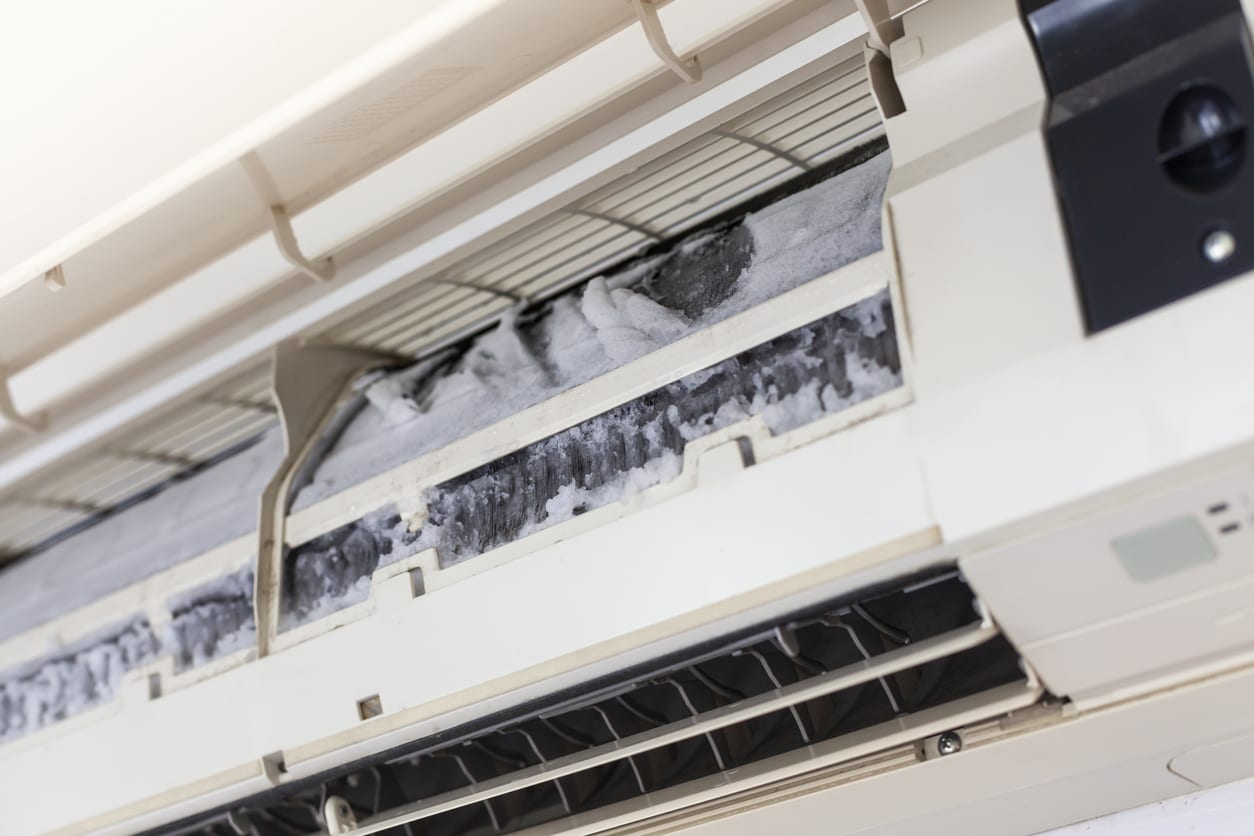
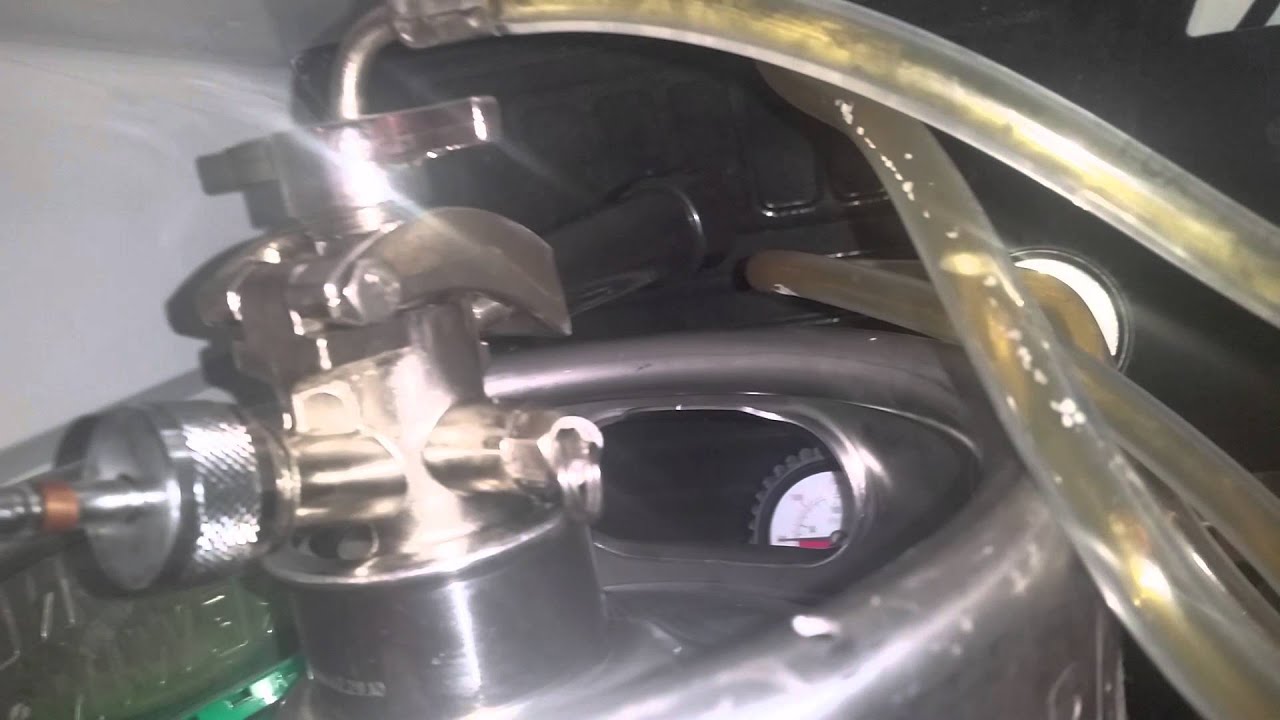
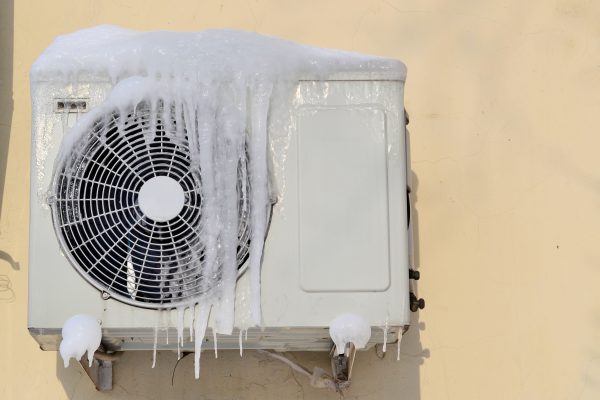
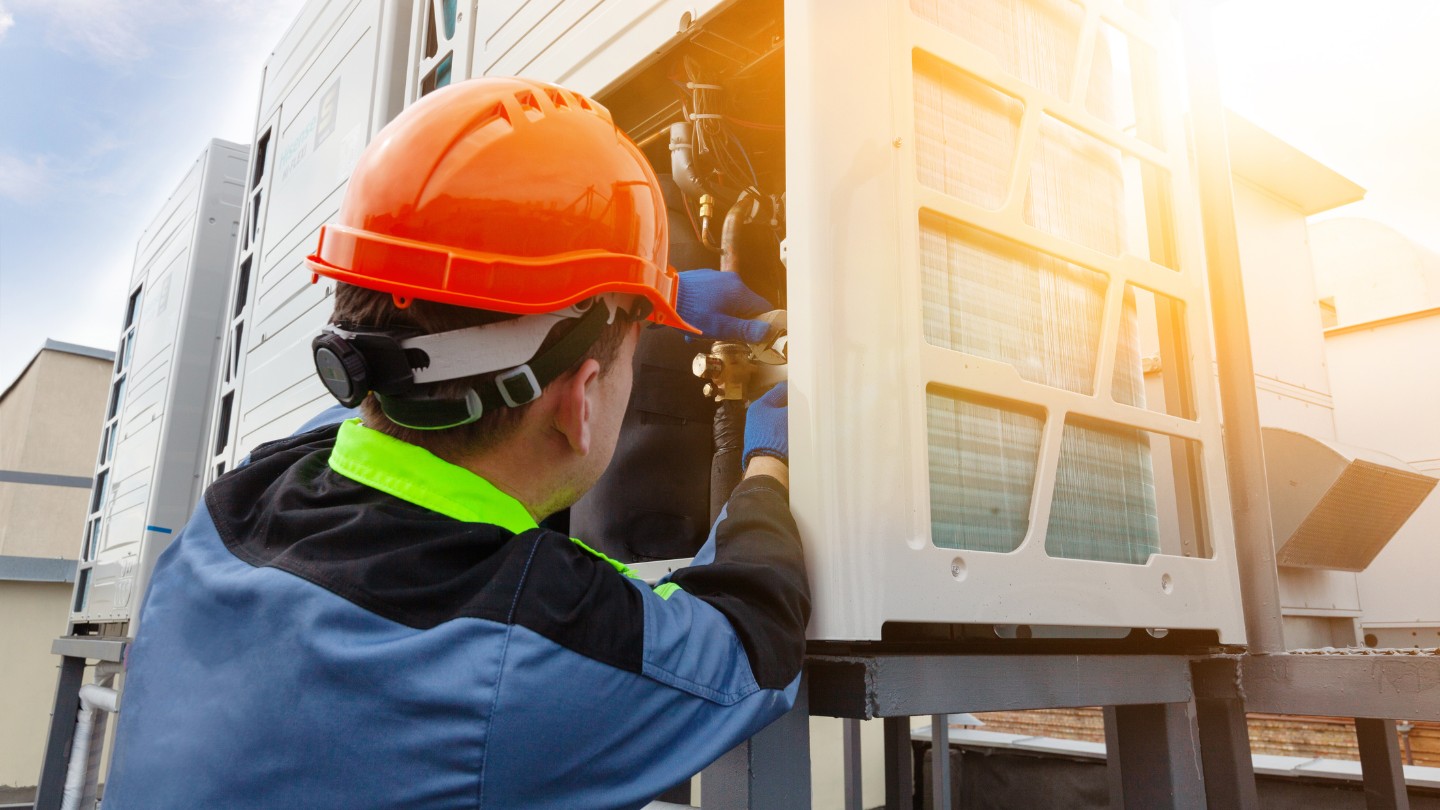
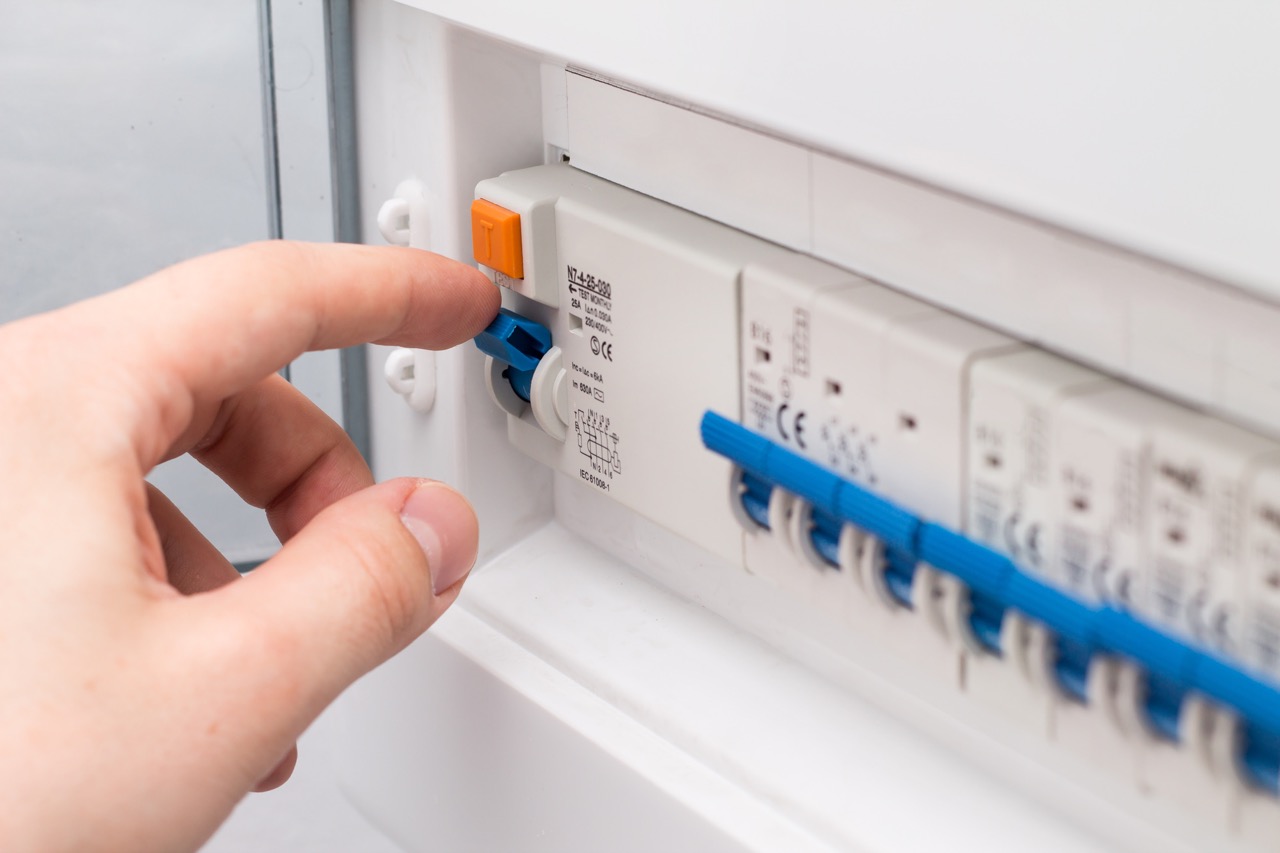
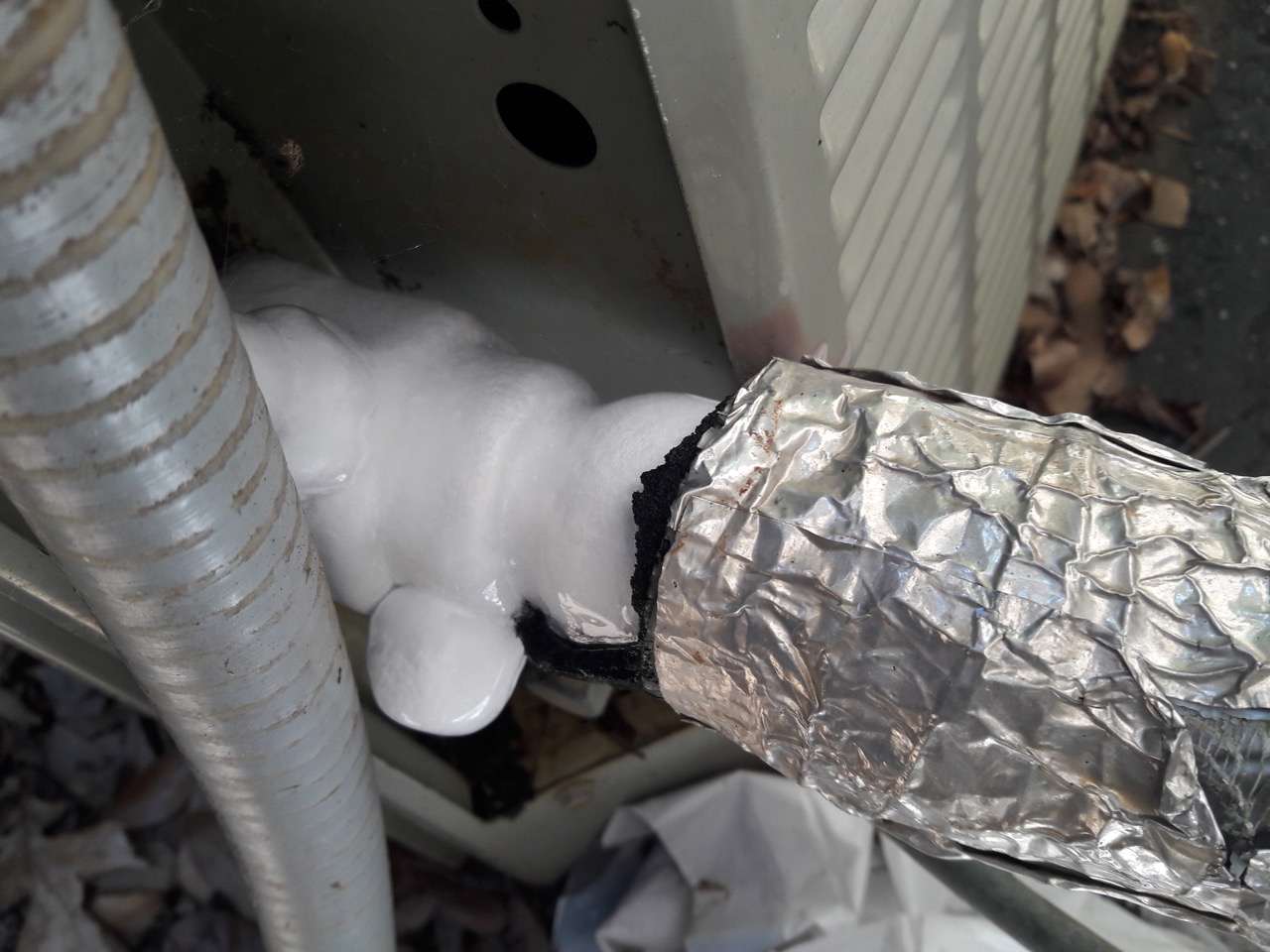
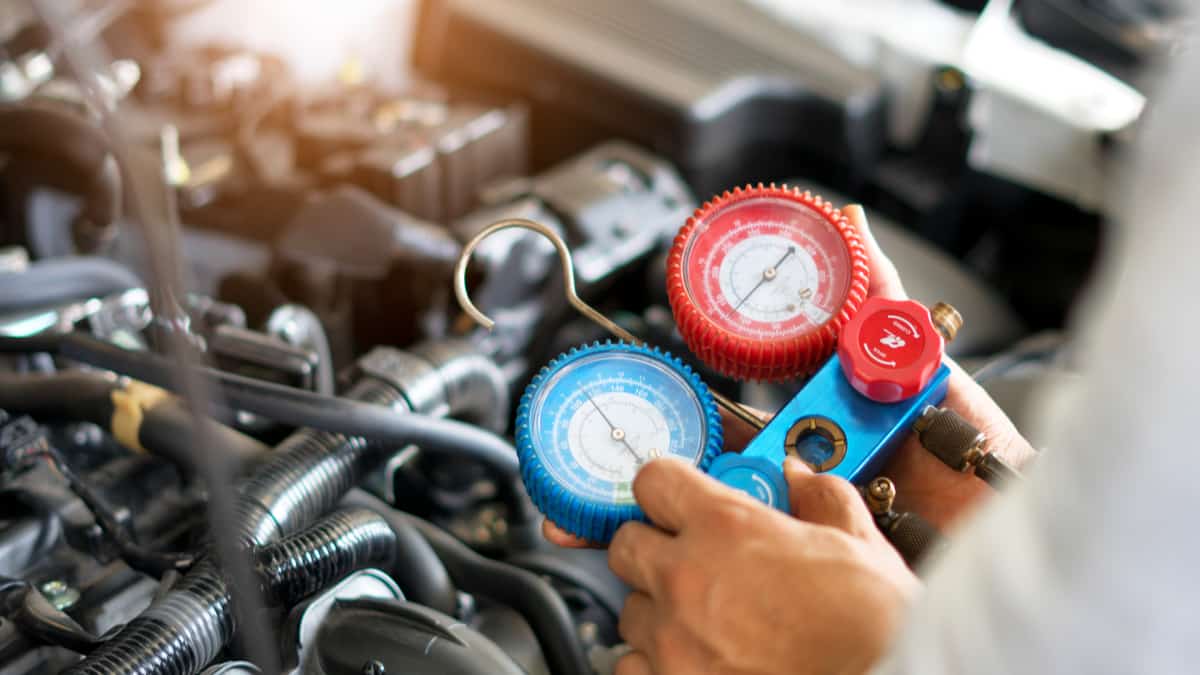
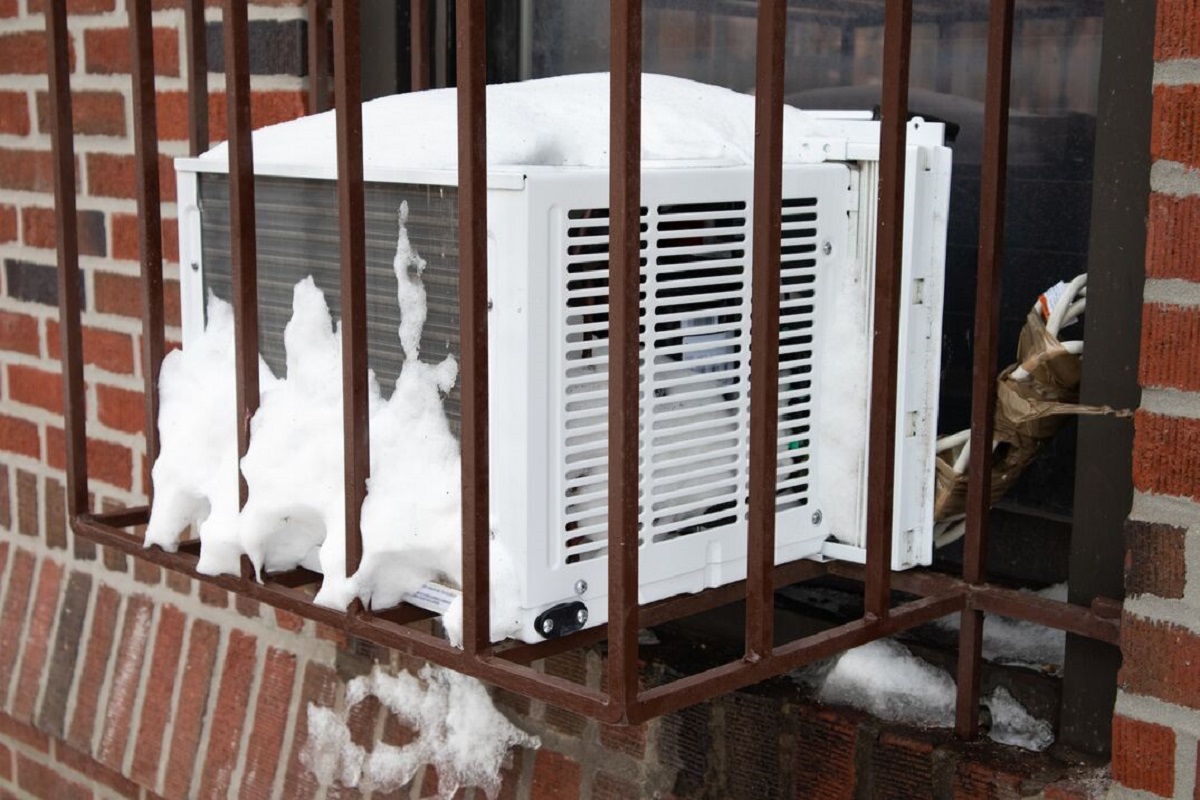
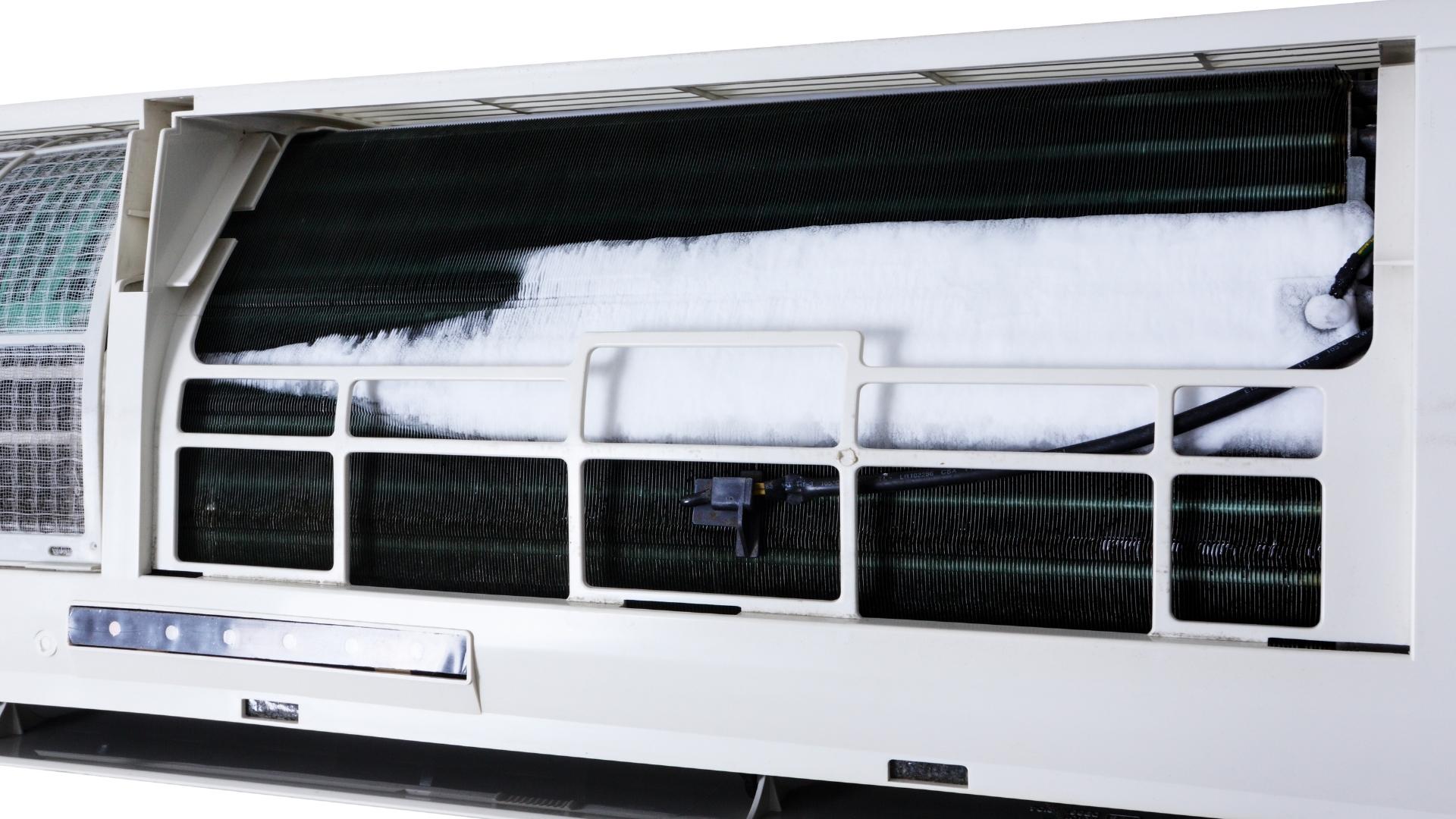
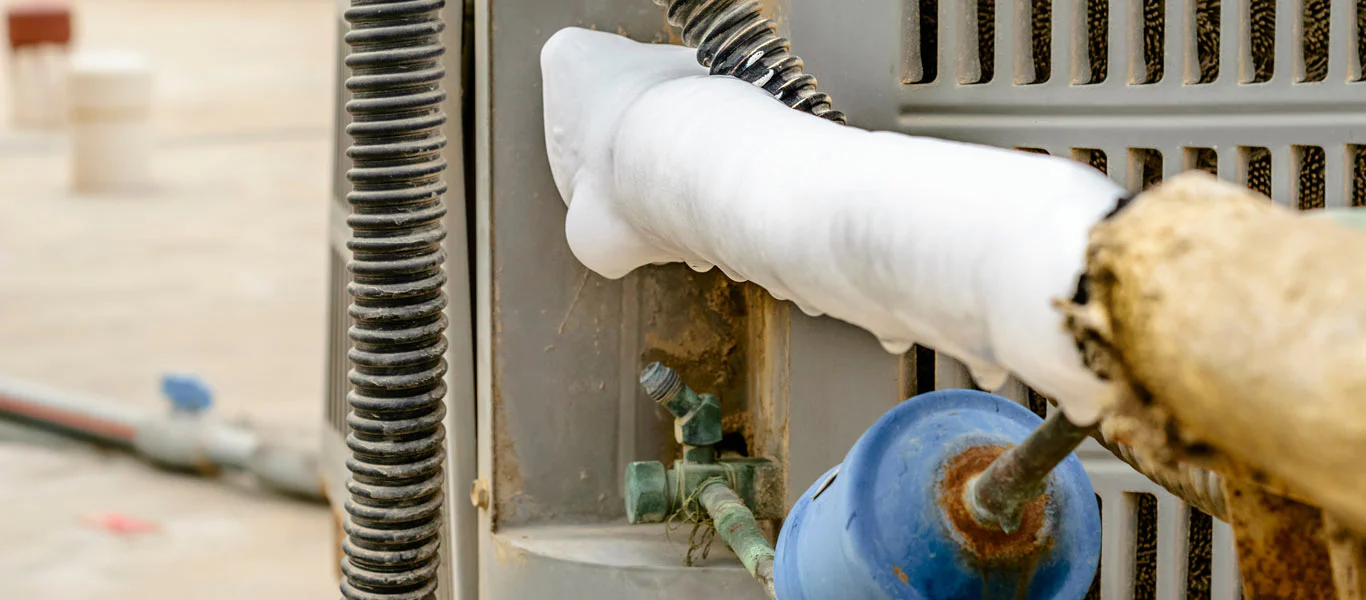
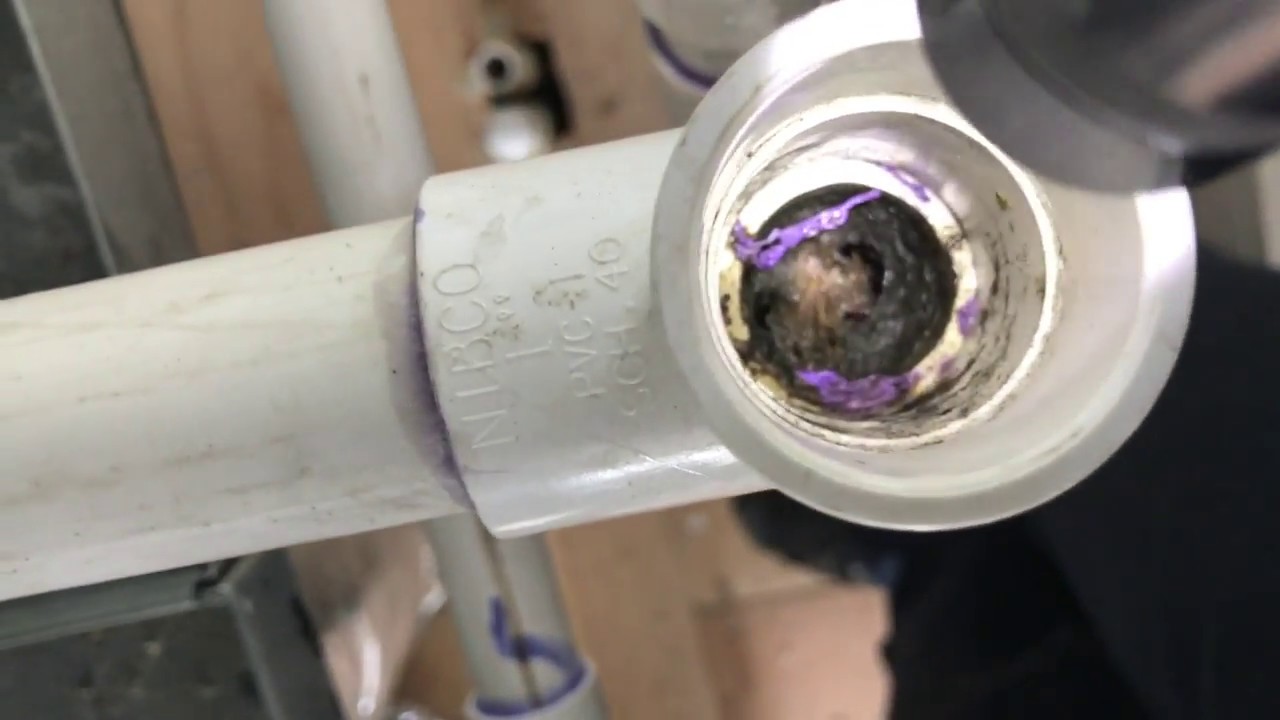
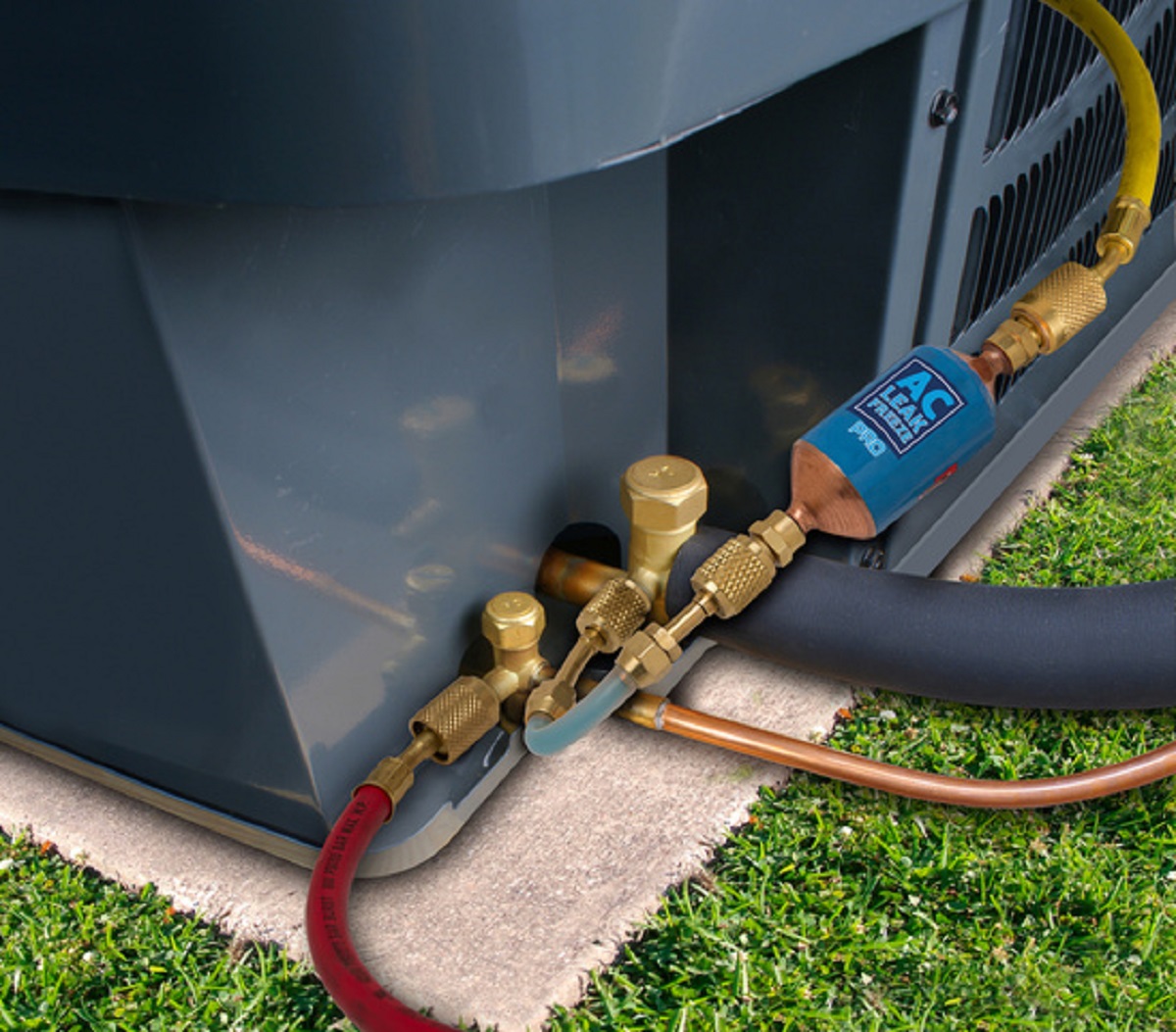
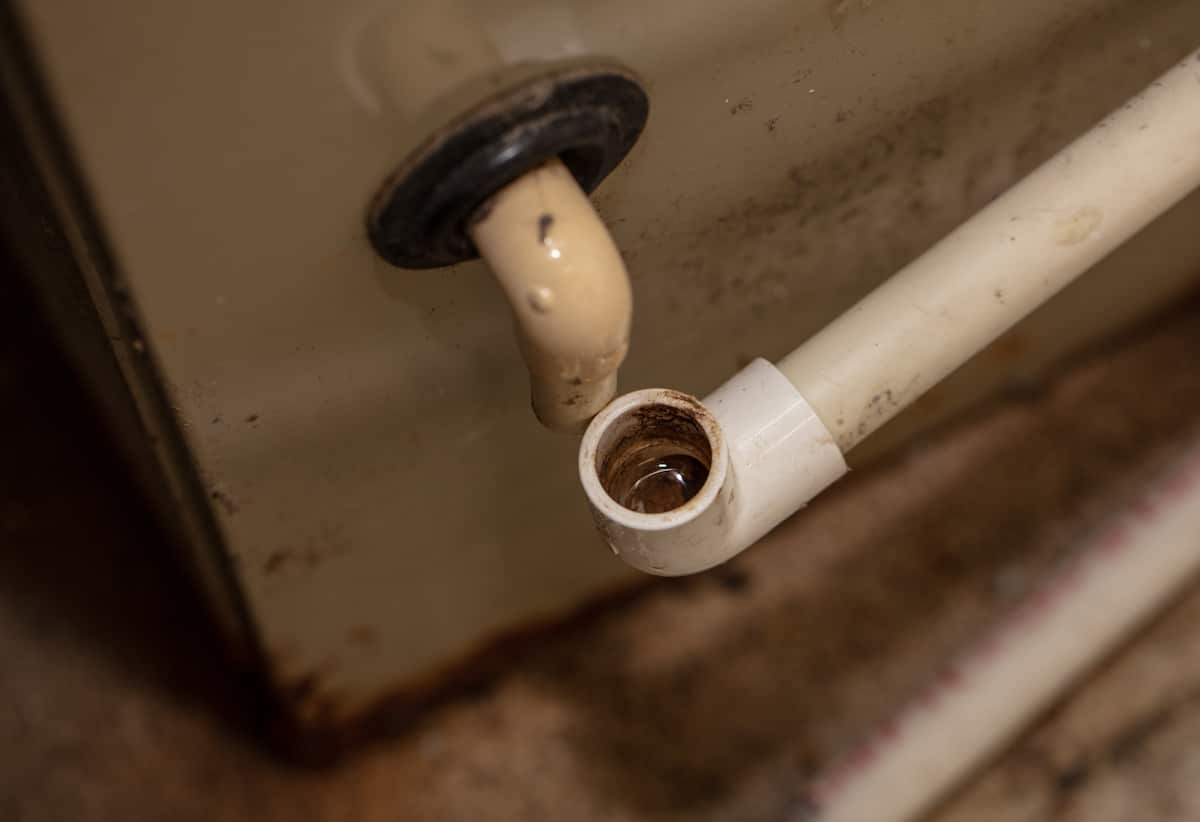

0 thoughts on “What Causes AC Line To Freeze”